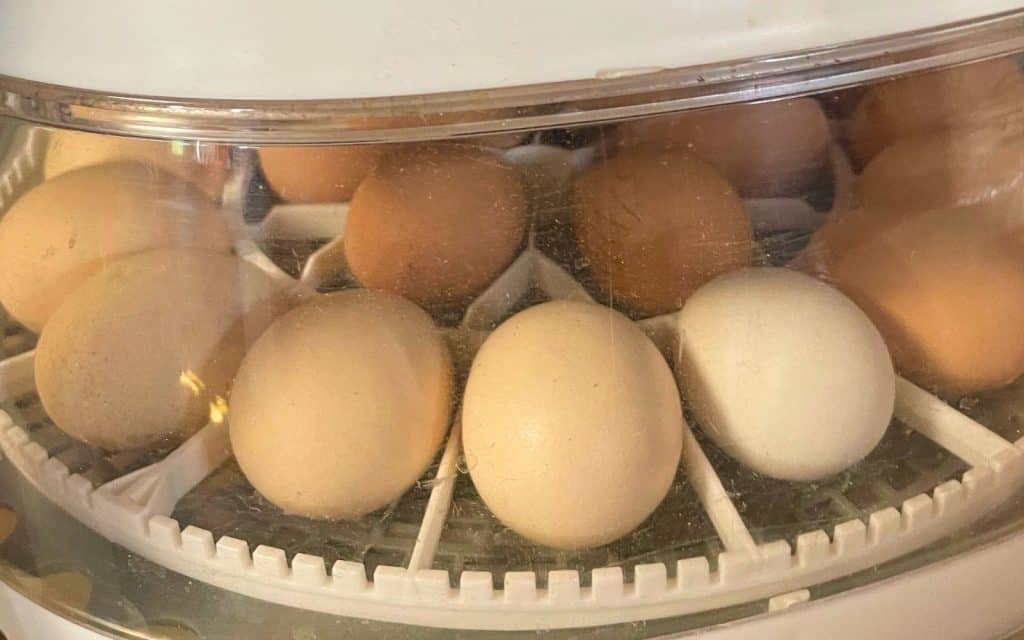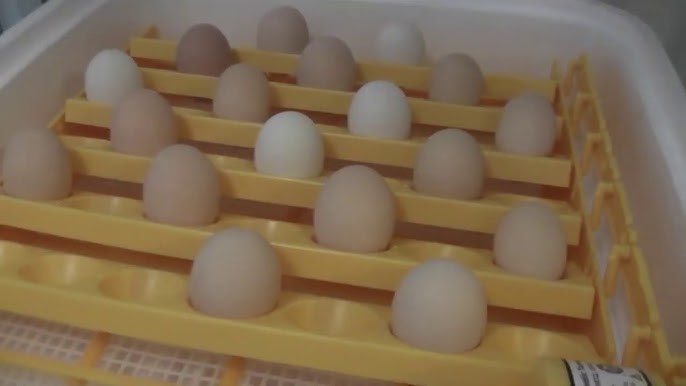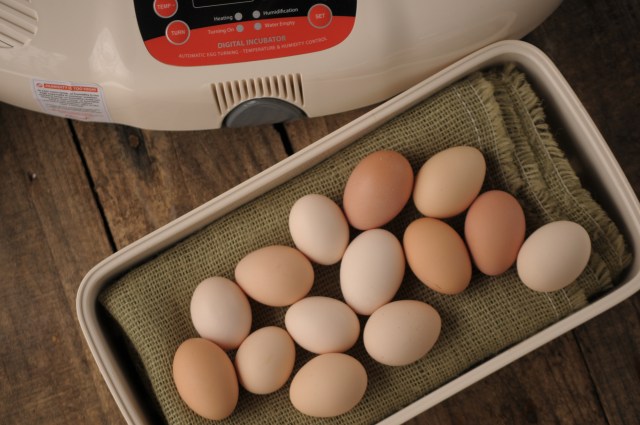Incubating chicken eggs is an exciting venture for chicken lovers and poultry enthusiasts alike. However, it’s not uncommon to encounter challenges along the way. This chicken incubator troubleshooting guide aims to help you identify and resolve common issues that may arise during the incubation process. By following this guide, you’ll increase your chances of successfully hatching healthy chicks.

Understanding the Basics of Incubation
Before diving into troubleshooting, it’s crucial to understand the basics of incubation. Ensuring the proper functioning of your incubator is key to successful hatching. A well-maintained incubator creates the ideal environment for eggs to develop into chicks.
Bests Practices for Egg Collection
Collecting eggs properly is the first step in a successful incubation process. To learn more about best practices for egg collection, visit our detailed guide.
Common Incubator Problems and Solutions
Temperature Fluctuations
One of the most critical factors in egg incubation is maintaining a stable temperature. Temperature fluctuations can significantly affect the development of embryos.
Causes of Temperature Fluctuations
Temperature issues can be caused by several factors, including poor incubator design, faulty thermostats, or external environmental changes.
Solutions for Temperature Fluctuations
To stabilize temperature, ensure your incubator is placed in a location with consistent ambient temperature. Regularly calibrate the thermostat and replace it if faulty.
Humidity Issues
Humidity is another critical factor in egg incubation. Incorrect humidity levels can lead to poor hatching results.
Causes of Humidity Issues
Humidity problems often arise from improper water reservoir management or lack of ventilation.
Solutions for Humidity Issues
Maintain the right humidity level by regularly checking water reservoirs and ensuring proper airflow within the incubator.
Egg Turning Problems
Egg turning is essential to prevent embryos from sticking to the eggshell. Automated turning systems can sometimes fail, leading to problems.
Causes of Egg Turning Problems
Turning issues can be caused by mechanical failures in the turning mechanism or human error when manually turning eggs.
Solutions for Egg Turning Problems
Regularly inspect and maintain the turning mechanism. If manually turning, ensure eggs are turned at least three times a day.
Ensuring Optimal Incubation Conditions
Proper Egg Transport
Transporting eggs before incubation can affect their viability. For tips on how to transport eggs properly, refer to our comprehensive guide.
When to Start Candling
Candling is a technique used to monitor embryo development. Knowing when to start candling is vital for identifying non-viable eggs early on.
Storing Eggs Before Incubation
Properly storing eggs before incubation is crucial. For more information on how to store eggs, check out our detailed article.
Advanced Troubleshooting Tips
Identifying Embryo Development Stages
Understanding the stages of embryo development can help you identify issues early. Familiarize yourself with the signs of healthy development.
Dealing with Power Outages
Power outages can be detrimental to the incubation process. Having a backup power source or generator can mitigate the risk.
Monitoring Air Quality
Proper ventilation is crucial for maintaining air quality inside the incubator. Ensure your incubator has adequate airflow to prevent the buildup of harmful gases.
Regular Maintenance and Calibration
Regular maintenance and calibration of your incubator are essential to its long-term performance. Schedule routine checks to ensure optimal functionality.
Upgrading Your Incubator
If you frequently encounter issues with your current incubator, it may be time to consider an upgrade. Modern incubators offer advanced features that enhance hatching success.
Conclusion
Incubating chicken eggs can be a rewarding experience when done correctly. By following this chicken incubator troubleshooting guide and addressing common issues promptly, you’ll increase your chances of hatching healthy chicks. Remember, patience and attention to detail are key to successful incubation.

FAQs
What is the ideal temperature for incubating chicken eggs?
The ideal temperature for incubating chicken eggs is around 99.5F (37.5C).
How often should I turn the eggs?
Eggs should be turned at least three times a day to prevent the embryo from sticking to the shell.
What should I do if I experience a power outage?
During a power outage, use a backup power source or generator to maintain the temperature and humidity levels in the incubator.
For more information on incubation techniques, visit Stromberg’s guide on how incubators work.
This article contains affiliate links. We may earn a commission at no extra cost to you.










